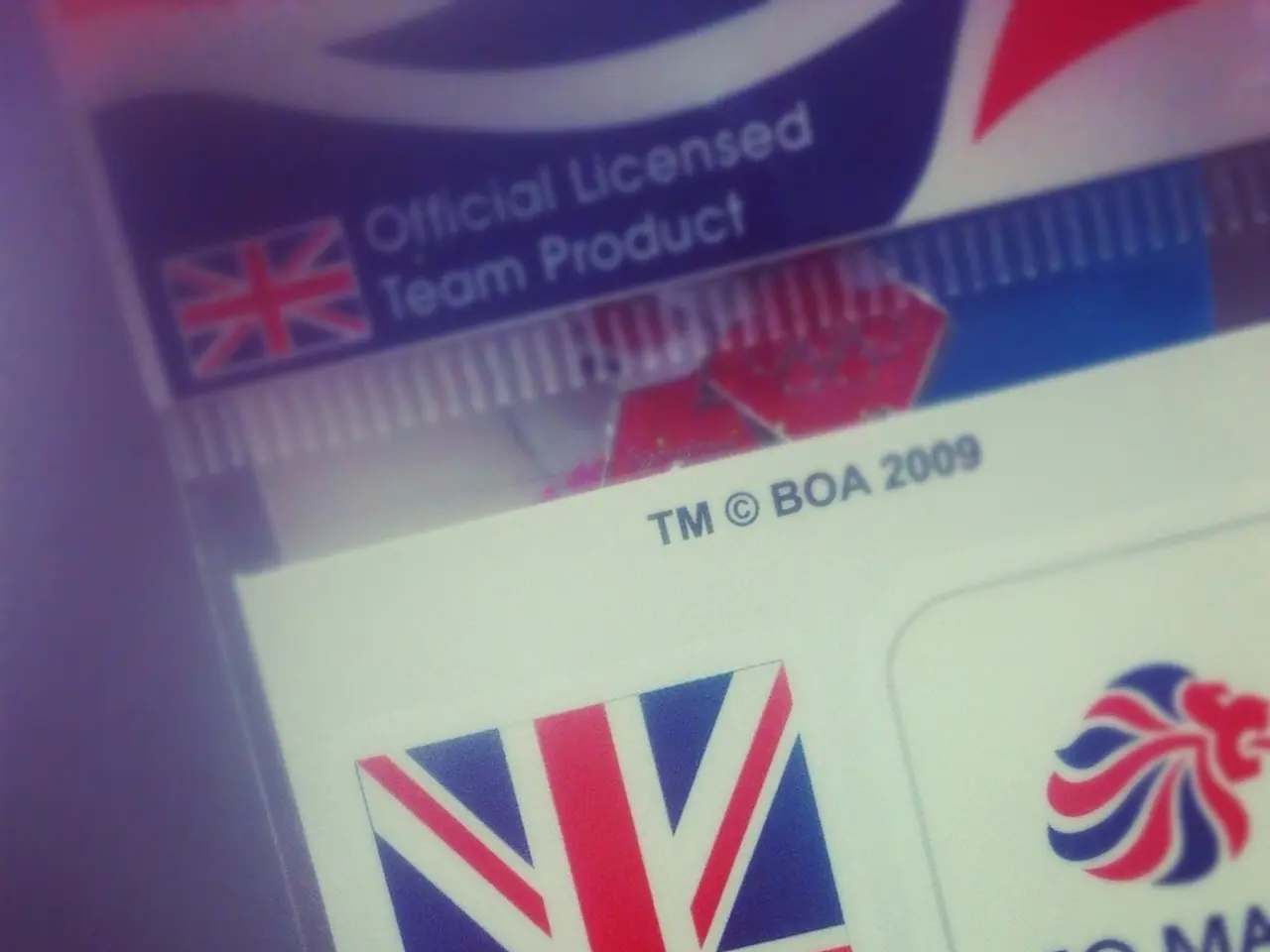DOJ Outlines Key Factors for Remediation Credit in Export Control, Sanctions Violations
The US Department of Justice (DOJ) has outlined key factors and requirements for companies seeking remediation credit for export control and sanctions violations. These include significant aggravating factors, cooperation thresholds, and benefits of voluntary self-disclosure.
DOJ considers several factors as aggravating, including exports to proliferator countries, weapons of mass destruction, and terrorist organisations. Repeated violations, senior management involvement, and substantial profits from illegal activities also exacerbate penalties.
To qualify for remediation, companies must meet the Yates Memo's cooperation threshold. This involves implementing an effective compliance program, disciplining responsible employees, and demonstrating acceptance of responsibility. An effective program should include dedicating sufficient resources, appropriate compensation for compliance personnel, training, risk assessments, and audits.
The Guidance requires companies to submit voluntary self-disclosures to DOJ's NSD Counterintelligence and Export Control Section (CES) for potential criminal violations. This, along with disclosures to relevant regulatory agencies, is crucial for potential criminal violations of export controls and sanctions.
DOJ assesses penalties and agreements based on the timeliness, completeness, and self-initiation of the disclosure, as well as the company's cooperation and remediation efforts. Benefits of voluntary self-disclosure, cooperation, and remediation include a significantly reduced penalty, possibility of a non-prosecution agreement (NPA), reduced period of supervised compliance, and avoidance of an independent monitor.
Companies and their employees who willfully violate US sanctions and export control laws but engage in voluntary self-reporting, cooperation, and timely remediation may be eligible for reduced penalties, non-prosecution agreements, or deferred prosecution agreements. This underscores the importance of proactive compliance and responsible corporate behaviour.






